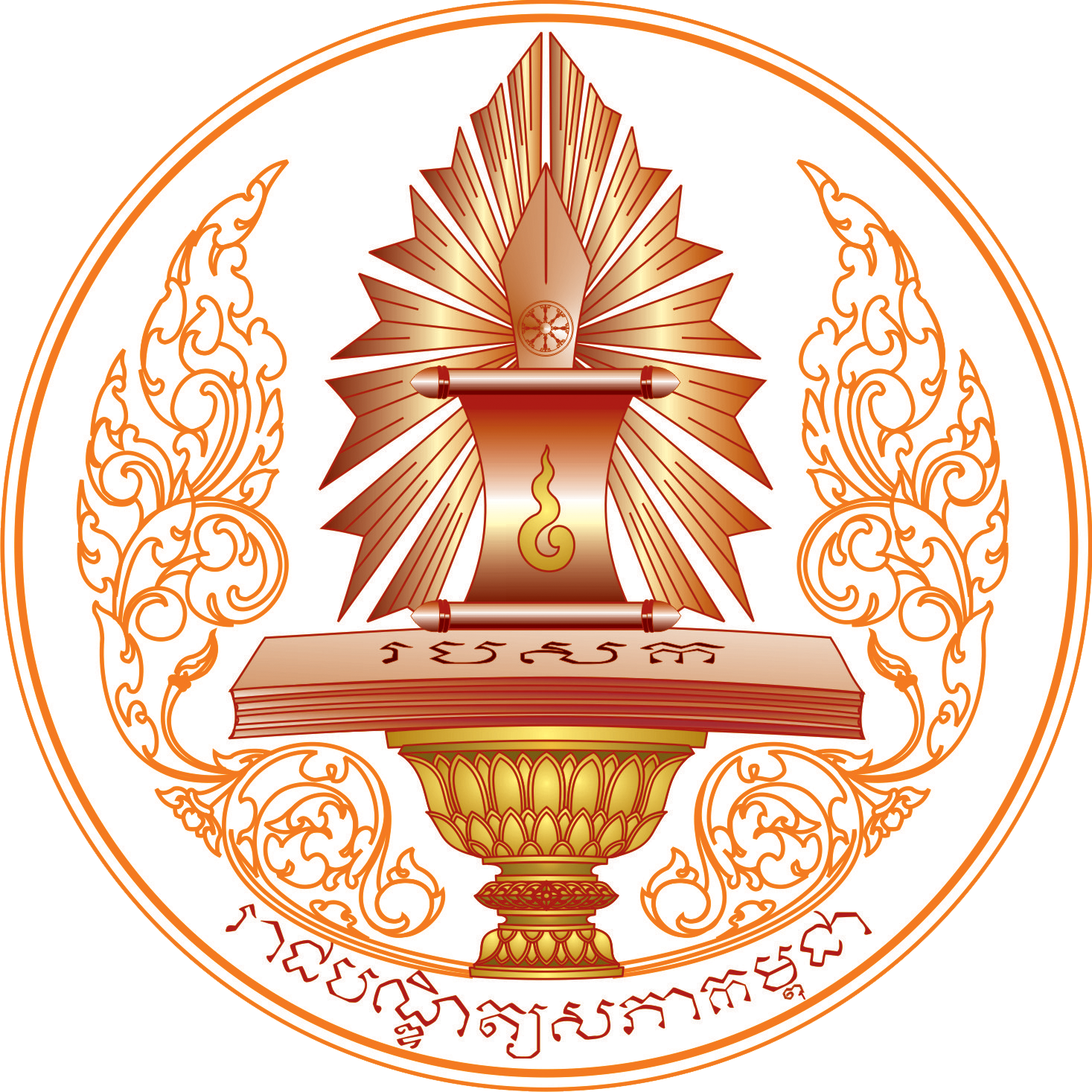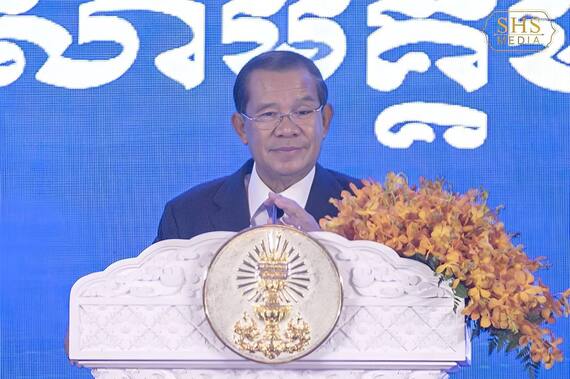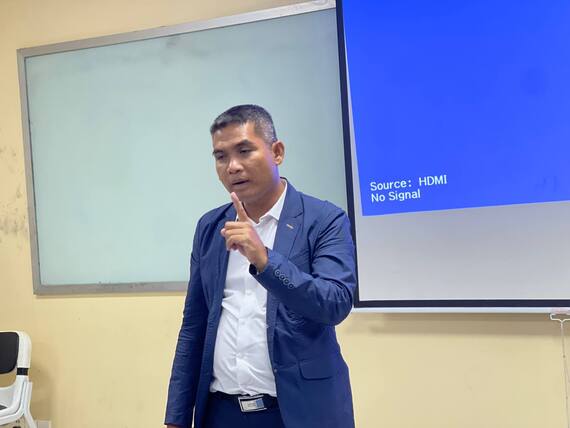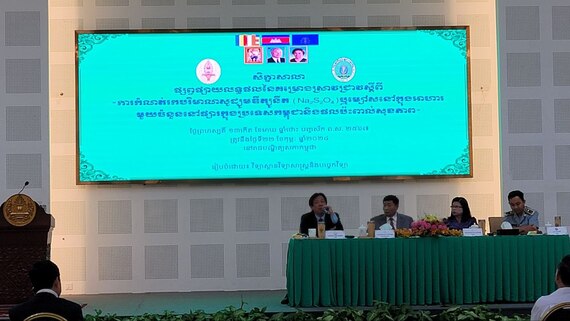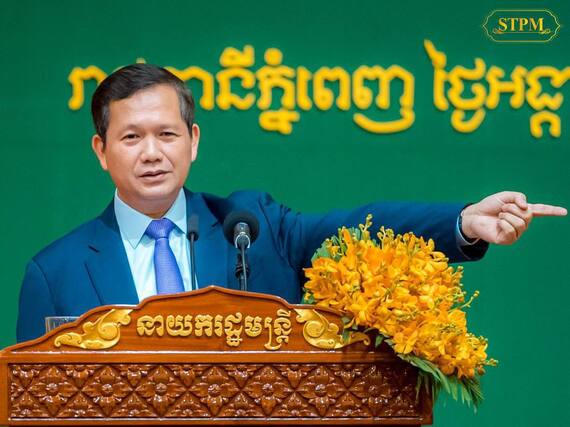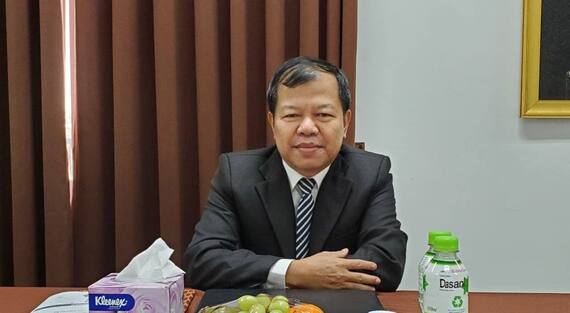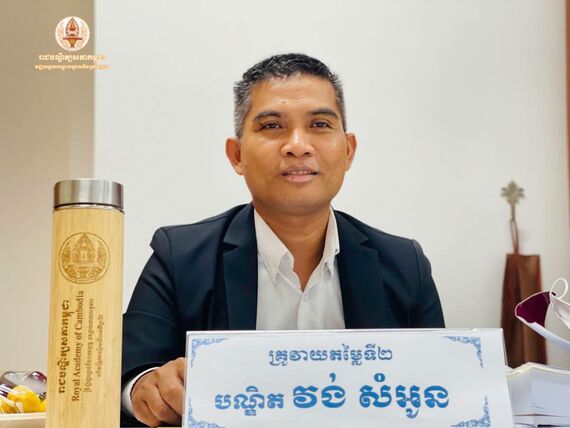ព័ត៌មាន
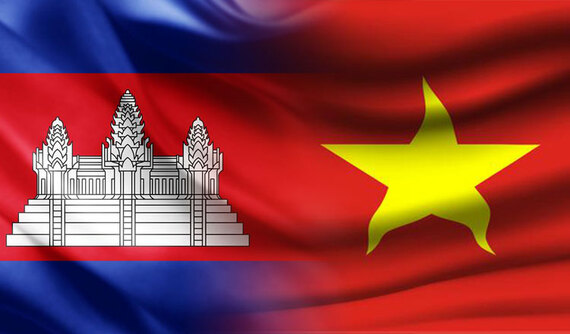
August 2023 marked a new chapter of Cambodian history of over 500 years with peaceful and smooth transition of power. Samdech Thipadei Dr. Hun Manet succeeded his father and long-serving prime minister Samdech Techo Hun Sen as the country’s leader after their Cambodian People’s Party won a landslide victory in the national election in July. Foreign media and the diplomatic community have kept an eye on Cambodia’s foreign policy to determine which direction the country is taking.
Just weeks after assuming office, Prime Minister Hun Manet has held a series of overseas trips in September 2023, including Indonesia’s capital of Jakarta for the 43rd ASEAN Summit and Related Summits, China’s Beijing Capital for official visit and Nanning City for China-ASEAN Expo, the US’ New York for the 78th UN General Assembly (UNGA 78), and again China’s Beijing Capital for the Third Belt and Road Forum for International Cooperation in October 2023. In addition, the newly elected Prime Minister of neighbouring Kingdom of Thailand, Mr. Srettha Thavisin paid his first official overseas visit to Cambodia in late September 2023.
Vietnam will be the third country that Prime Minister Hun Manet will pay his official visit in December this year. However, the exchanges of state and official visits between top leaders and government’s officials between the two countries have been made in many platforms and at many levels. For instance, the Cambodian National Defense Minister Tea Seiha paid a friendly and official visit to Vietnam from November 12-14 at the invitation of Vietnamese National Minister Mr. Phan Van Giang while the Cambodia National Assembly President Ms Khuon Sudary planned to pay an official and friendly visit to Vietnam at the end of November 2023.
The change of Cambodia’s leadership has posed a question on how Cambodia’s neighbourhood diplomacy looks like, and especially how Cambodia-Vietnam relationship is going to be in the new era under the Cambodian new Prime Minister Hun Manet’s leadership.
Despite the change of leadership, the guiding principles of the country's foreign policy remain unchanged and based on Article 53 of the Constitution, which affirms Cambodia's commitment to permanent neutrality, non-alliance and peaceful coexistence.
The ruling Cambodian People’s Party has set seven core principles for the next five years for the country's foreign policy, which include opposing force, disapproval of unlawful occupations, non-interference in the domestic affairs of other countries, prohibition of foreign military presence in Cambodia, and refusal to endorse invasions of other countries.
As a post-conflict nation, Cambodia attaches great importance to peace and stability, both domestically and regionally, and is committed to promoting development and prosperity, and preventing any interference in its relations with other countries.
As the matter of fact, within the framework of bilateral relations with Vietnam, Cambodia has adhered to the foreign policy of being a good neighbour by strengthening friendship and expanding cooperation not only within the bilateral framework but also by supporting each other in international and regional forums. In regional forums, the two countries exchanged views on regional and international issues which are mutually beneficial for both countries. Vietnam, on the other hand, in its framework for bilateral foreign policy with Cambodia, it’s is not much different from Cambodia, Vietnam has considered Cambodia as a neighbouring country where good relations are considered a priority and must be nurtured.
Cambodia and Vietnam have cultivated time-honoured friendship and cooperation characterized by profound political trust and functional collaboration across sectors. Bilateral relations between the two countries are developing in many fields. Cambodia and Vietnam agree that strengthening and enhancing the ties of friendship and cooperation between the two countries are very important for both nations. Bilateral foreign policy of Cambodia and Vietnam to each other highlights the strength of relations between the two countries.
Cambodia-Vietnam ties continue to diversify, both on the bilateral and multilateral levels while gaining in strength in all areas of common interest. The two countries are jointly addressing common and global challenges, strengthening contacts at all levels and across platforms, and deepening mutual understanding will ensure they make greater achievements at the national and global levels.
In expressing their positions to each other, the leaders of the two countries have always highlighted their commitment to strengthen, expand and enhance the relations between the two countries to a new level, which brings fruitful results and real benefits for the people of both countries and a positive contribution to peace, stability, cooperation, and prosperity in the region and the world. Strengthening relations and cooperation between the two countries is absolutely indispensable.
As an immediate neighbour, Vietnam has always supported the Cambodian people’s independent choice of development path, the path best suited to their national conditions, and backed them in defending Cambodia’s sovereignty and national security. It also supports the Cambodian people in advancing their major domestic political agenda and socioeconomic development, and opposing external interference in Cambodia's internal affairs.
In this context, Prime Minister Hun Manet maintains the current policy toward Vietnam, which is based on traditional friendship, mutual trust and win-win cooperation. And he is unlikely to change the policy of close cooperation between the ruling parties and governments of the two countries, strengthening the comprehensive strategic partnership of cooperation, and jointly building a high-quality, high-level and high-standard between the nations for mutual benefit, thus contributing to peace, stability and prosperity in the region and beyond.
Prime Minister Hun Manet and his youthful new government are well aware of the recessionary troubles afflicting both the EU and the US, and know the economic incentives of maintaining close ties with Vietnam. Cambodia now seeks to diversify trade and investment toward sustainable value-added processing and manufacturing to meet the burgeoning needs of ASEAN's expanding middle class.
Despite the post-pandemic effects, the spill-over effects of the Russia-Ukraine crisis, Palestinian Hamas-Israeli conflict, and recessionary trends in the EU and the US that have affected its housing, tourism and garment sectors, the Cambodian economy remains robust. High on Hun Manet's agenda will be issues such as building on Cambodia's RCEP and ASEAN membership and the FTAs with China and the ROK to continue his father's legacy of political stability and relatively high economic growth of 7 percent a year during his term.
Historical and long-standing relations, and comprehensive strategic partnership of cooperation, and unbreakable friendship, are the greatest legacy of Hun Sen in Cambodia-Vietnam relations, which Prime Minister Hun Manet needs to take forward. The healthy and stable relationship between Cambodia and Vietnam is both important and necessary to deepen practical cooperation in various fields.
Good relations between Cambodia and Vietnam are very important and significantly contribute to regional peace, security, stability, and prosperity. The two countries are good neighbours that peacefully co-exist and help and support each other in all circumstances. Understanding each other base on mutual benefit and equality is a basis of good neighbourliness between the two countries. It is an effective mechanism for increasing comprehensive benefits for neighbouring countries and improving cooperation that provides mutual benefit in all areas.
Therefore, the two countries must continue to live together in peace, with mutual respect for sovereignty, independence, and territorial integrity, not interfere in each other’s internal affairs, resolve issues peacefully and cooperate in all areas of mutual benefit that can be fitted the motto of the relationship adopted by the two countries – “good neighbourliness, traditional friendship, and comprehensive, sustainable and long-term cooperation” between the two countries in the coming time. With this motto, it is hoped that the relations between the two countries for the next centuries will continue to grow broader, deeper, more efficient and better.
By Kin Phea, PhD,
Director General,
International Relations Institute of Cambodia,
Royal Academy of Cambodia
(The views expressed in this article are those of the author)
---
RAC Media
